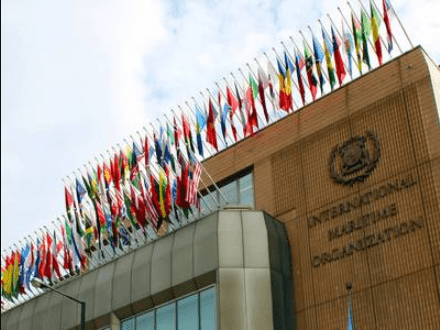Marine bio-fouling, the accumulation of various aquatic invasive species on the ship’s hull – the water-tight body of the ship – is a much bigger and more complex issue than oil spills, and mechanisms have to be devised to manage this problem, according to Namibia’s Permanent Secretary in the Ministry of Works and Transport, Willem Goeieman.
“Globally, this is a major biosafety risk that threatens the world’s oceans, its biodiversity and related ecosystems. This is a trans-boundary problem and can only be effectively addressed through international cooperation and concerted efforts by all countries,” Goeieman said.
He made these remarks at a three-day International Maritime Organisation (IMO) regional workshop to increase awareness of its 2011 ‘Guidelines for the Control and Management of Ships Bio-Fouling to Minimise the Transfer of Invasive Aquatic Species’ at Swakopmund – a city on the coast of western Namibia – on Tuesday.
Goeieman said as the ballast water and the ship’s hull are the key pathways of the transfer of aquatic invasive species, the implementation by IMO member states of the relevant international instruments could thus go a long way in achieving the call by the Convention on Biological Diversity (to its Parties) to identify and prioritise invasive alien species and control or eradicate the species so prioritised and put in measures to manage pathways to prevent introduction and establishment.
He said in the last three years, Namibia has been striving to improve its maritime administration and has come up with a Maritime Pollution Bill, covering both preventative and remedial aspects of marine environmental protection.
Copyright Ships & Ports Ltd. Permission to use quotations from this article is granted subject to appropriate credit given to www.shipsandports.com.ng as the source.

